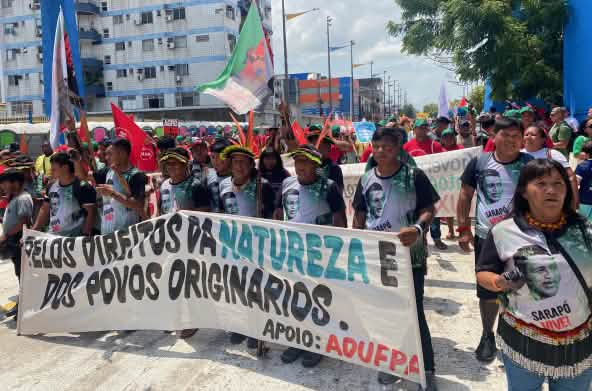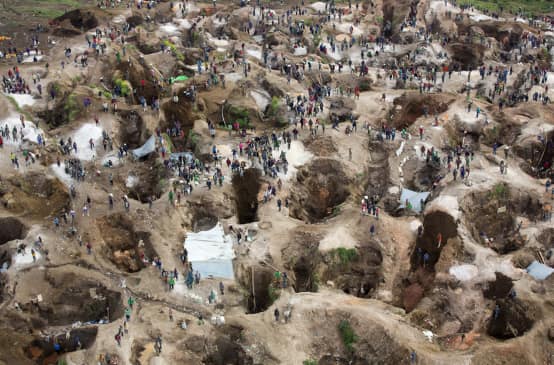Completed campaign
Malaysian Oil Palm Threatens Brazilian Amazon
Malaysia's government owned and subsidized oil palm and agrofuel industry -- the scourge of Asia and the world's rainforests -- is continuing to expand, this time into the heart of the Brazilian Amazon. Malaysia‘s Federal Land Development Authority (FELDA) will soon break ground on a joint venture with a Brazilian firm to establish 30,000-100,000 hectares (ha; 75,000 – 250,000 acres) of oil palm plantations in the heart of Brazil's Amazon rainforest.
To: Prime Minister Najib Tun Razak
cc: Dato Ahmad Tarmizi Alias, FELDA Director; FELDA Regional Offices; Malaysian UN Mission
ppm@pmo.gov.my, upd@felda.net.my, ghani.ma@felda.net.my, kasimon.s@felda.net.my, malib.ar@felda.net.my, malaysia@un.int
Dear Prime Minister Najib Tun Raza,
I and other have written earlier to Dato Ahmad Tarmizi Alias, FELDA Director, copied to you, vigorously opposing the Malaysian government's intent, through its Federal Land Development Authority (FELDA) government agency, to profit from the clearfelling of the Brazilian Amazon's ancient biodiversity rich rainforests to establish toxic oil palm plantation monocultures. Some of us have received a response from Wan Zaleha Wan Embong, FELDA's Public Relations Department, disavowing the plans and stating "for your info the project never take (sic) place."
As a matter of urgent importance, could you please confirm that FELDA's Amazonian oil palm project has in fact been canceled? We are very concerned with Malaysian tax-payer dollars being used to turn huge portions of the Amazon and Papua New Guinea rainforest from a biodiverse, carbon rich paradise into a big lifeless, toxic monoculture and environmental disaster. And now we hear another Malaysian oil palm company is set to massively expand in Liberia, West Africa. Please ensure these projects' approvals are immediately withdrawn, and that no further Internet censorship of discussion regarding rainforests and oil palm occurs.
Your government's long-time and continuing actions in support of industrial oil palm and logging in primary rainforests worldwide are having devastating consequences for communities, local soil and water, biodiversity and ecosystems, and regional and global climate. It is also negatively impacting your great nation's international reputation. It is completely unacceptable for Malaysia's government to profit from investments that destroy rainforests for oil palm and result in species extinction and climate change. At some point developing countries, including Malaysia and Brazil, that are clearing their and other's rainforests, must take responsibility for their growing contribution to climate change.
This campaign will stop once we have received confirmation that FELDA will no longer consider developing oil palm in the Amazon or Papua New Guinea rainforests, and assurances that your government will stop private Malaysian companies from doing so in other countries including Liberia as well. Global ecological sustainability and local well-being depend critically upon ending all industrial development in the world's remaining old forests -- including plantations, logging, mining and dams -- and assisting local peoples to benefit from protected and restored standing forests. The world is watching and you are advised to take this matter seriously.
Sincerely,

